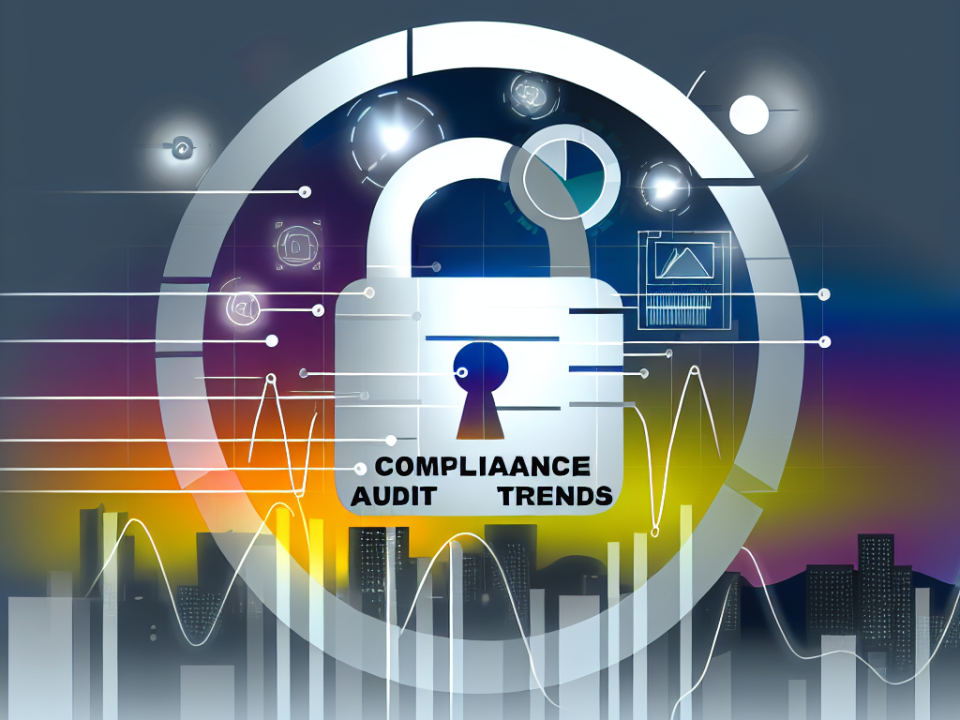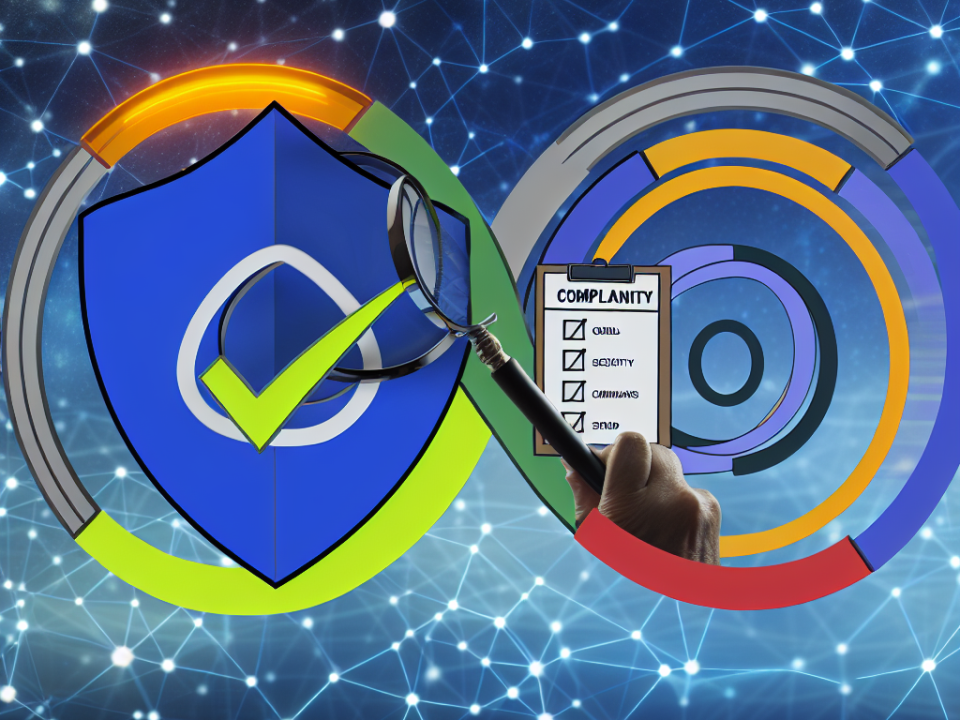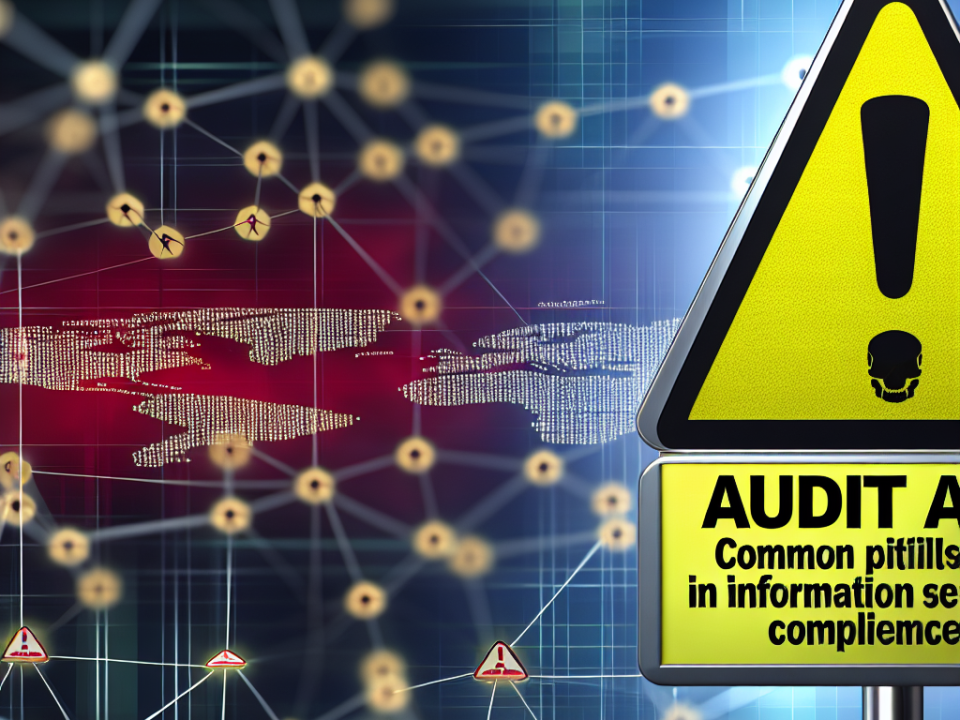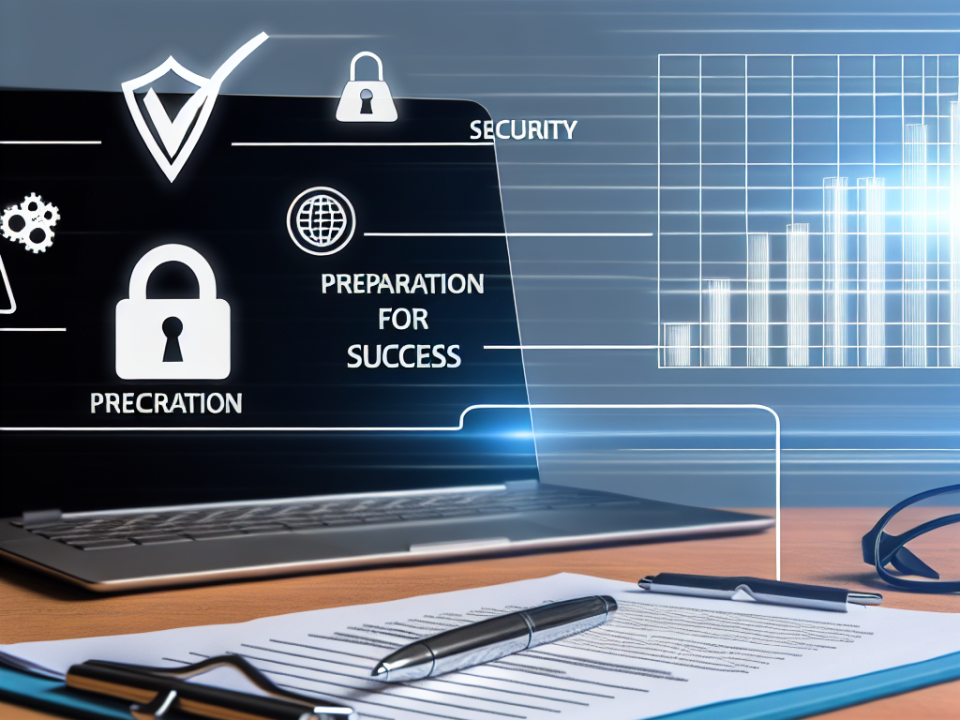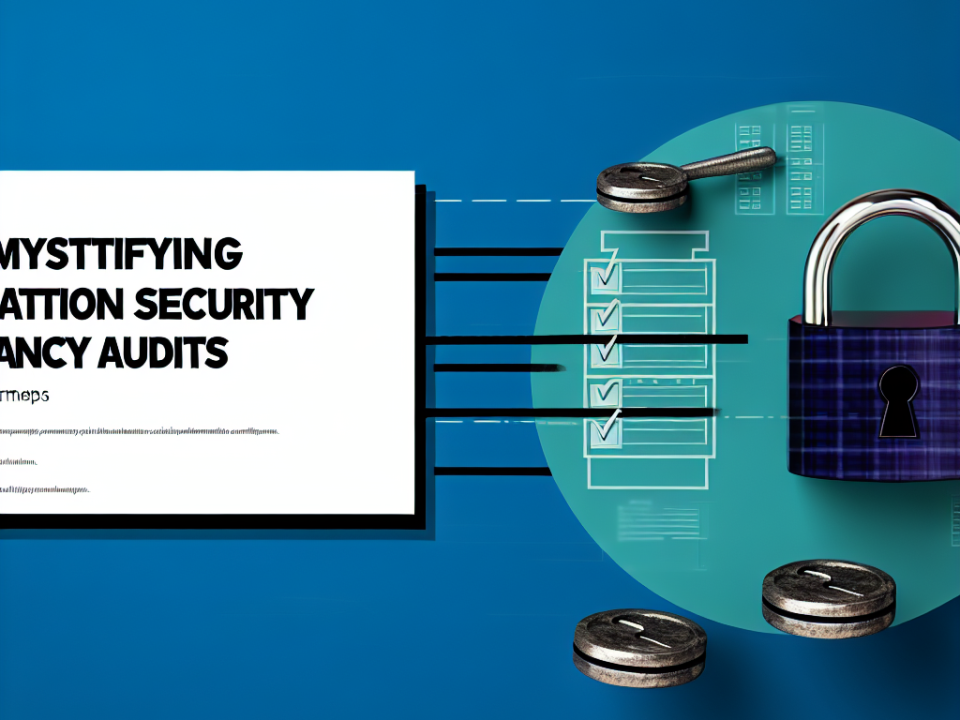
Attack Vectors of Tomorrow: How Hackers Will Target Businesses in 2025
October 16, 2025
Decoding Cyber Hygiene: Essential Practices for 2025 and Beyond
October 17, 2025
In today’s digital age, businesses face an ever-evolving landscape of security threats. From data breaches to cyberattacks, the stakes have never been higher. As a result, organizations across all industries are turning to stringent security measures to protect their assets, reputation, and customer trust. This article explores the gold standards in industry security measures and how they serve as a protective shield for businesses.
Understanding the Gold Standard of Security
The "gold standard" refers to a system of high-quality measures and practices that are recognized as the best in the industry. These standards often emerge from regulatory frameworks, industry guidelines, and best practices, ensuring that businesses maintain robust security protocols.
1. Data Encryption
Data encryption is a cornerstone of industry security measures. By converting sensitive information into code, encryption ensures that it remains unreadable without the appropriate decryption key. This is particularly vital for protecting personal and financial data from unauthorized access. End-to-end encryption, commonly used in communication platforms, guarantees that only intended recipients can read the messages exchanged.
2. Multi-Factor Authentication (MFA)
MFA adds an additional layer of security by requiring users to provide two or more verification factors to gain access to accounts or systems. For instance, in addition to a password, users might need to input a code sent to their mobile device. This significantly reduces the risk of unauthorized access, even if passwords are compromised.
3. Regular Security Audits and Assessments
Conducting regular security audits helps identify vulnerabilities within an organization’s systems. These assessments evaluate current security measures, highlight weaknesses, and guide businesses on necessary improvements. Adhering to recognized standards such as ISO/IEC 27001 ensures that businesses are following industry best practices and maintaining compliance.
4. Incident Response Plans
Having a well-defined incident response plan is crucial for any business. This plan outlines how an organization will tackle data breaches or security incidents. It typically includes procedures for detection, containment, eradication, recovery, and communication. A quick and effective response can make the difference between a minor issue and a major catastrophe.
5. Employee Training and Awareness
Human error is often the weakest link in security. Comprehensive training programs raise awareness among employees about security policies, best practices, and how to recognize phishing attempts. A culture of security mindfulness encourages employees to take proactive measures in safeguarding company data.
6. Compliance with Regulatory Standards
Many industries are governed by regulations that mandate specific security measures. Compliance with standards such as the General Data Protection Regulation (GDPR) for data protection, Health Insurance Portability and Accountability Act (HIPAA) for healthcare, and Payment Card Industry Data Security Standards (PCI DSS) for payment processing ensures a baseline level of security. Businesses that adhere to these regulations not only protect themselves but also build credibility with customers and stakeholders.
7. Secure Software Development
For technology-driven businesses, the security of software applications is paramount. Secure software development practices involve conducting thorough testing, code reviews, and vulnerability assessments. Adopting practices like “DevSecOps,” which integrates security into every stage of the software development lifecycle, helps ensure that applications remain secure from development to deployment.
8. Network Security Measures
Robust network security strategies, such as firewalls, intrusion detection systems (IDS), and secure Virtual Private Networks (VPNs), play a crucial role in protecting sensitive data. These measures help to guard against unauthorized access, malware attacks, and data exfiltration.
Conclusion
In an age where cyber threats are increasingly sophisticated, the importance of adopting gold standard security measures cannot be overstated. By implementing comprehensive security protocols—from data encryption and MFA to incident response plans and employee training—businesses can effectively mitigate risks and protect their interests.
Investing in industry security measures not only safeguards a company’s assets but also fosters trust among customers and partners, reinforcing the organization’s reputation in the marketplace. As threats continue to evolve, businesses must be proactive in their approach to security, continuously assessing and enhancing their measures to stay one step ahead. In this way, the gold standard of security becomes not just a benchmark, but a vital aspect of sustaining success in today’s competitive business environment.


